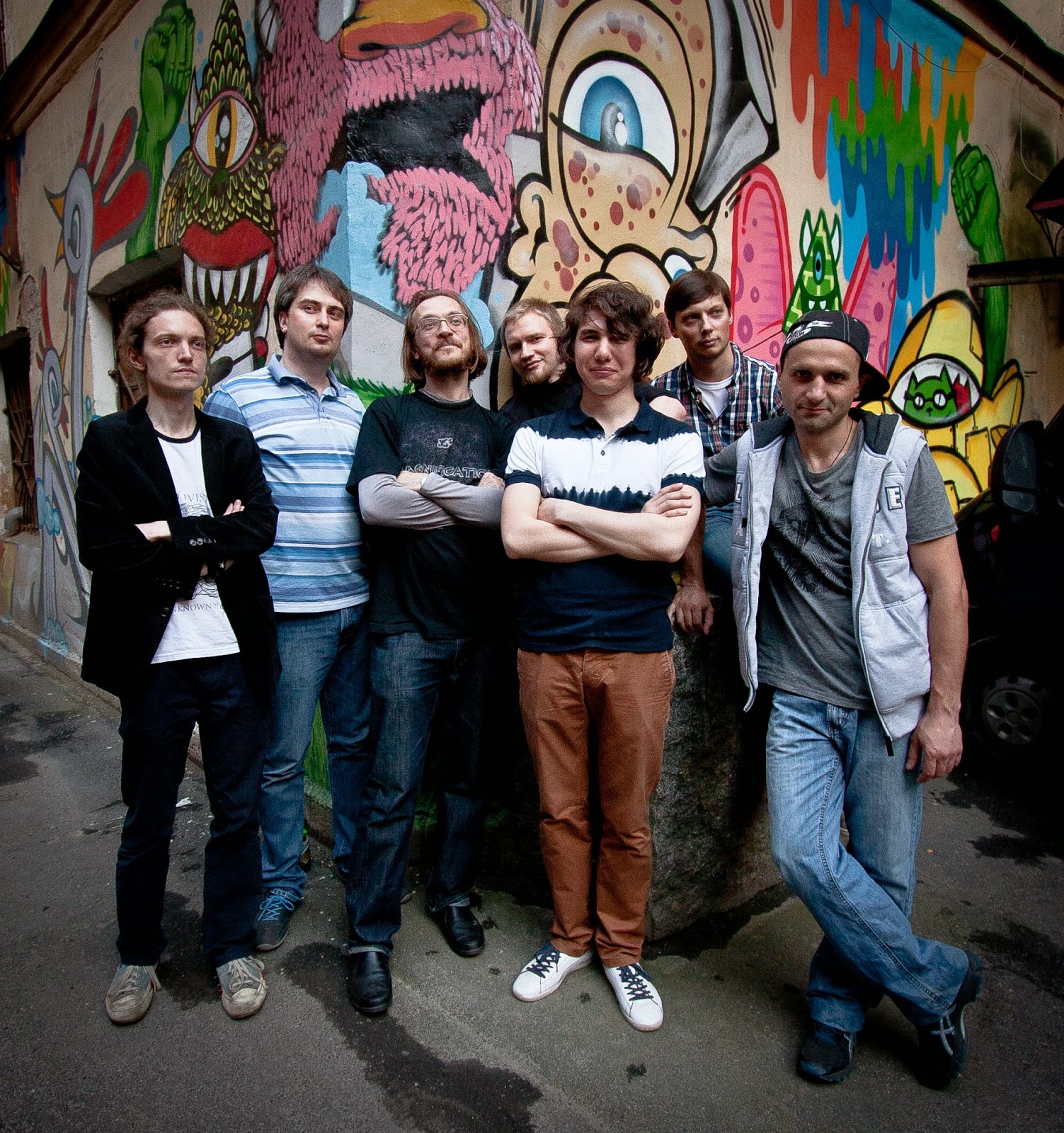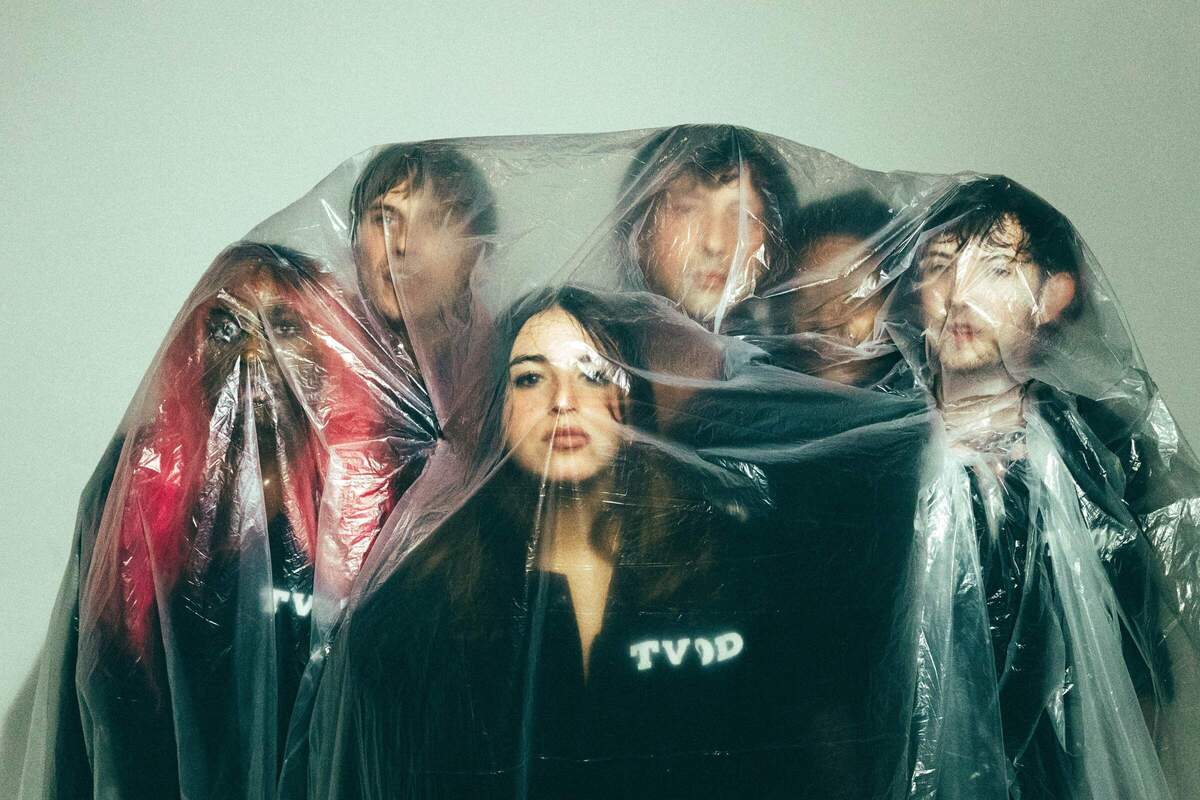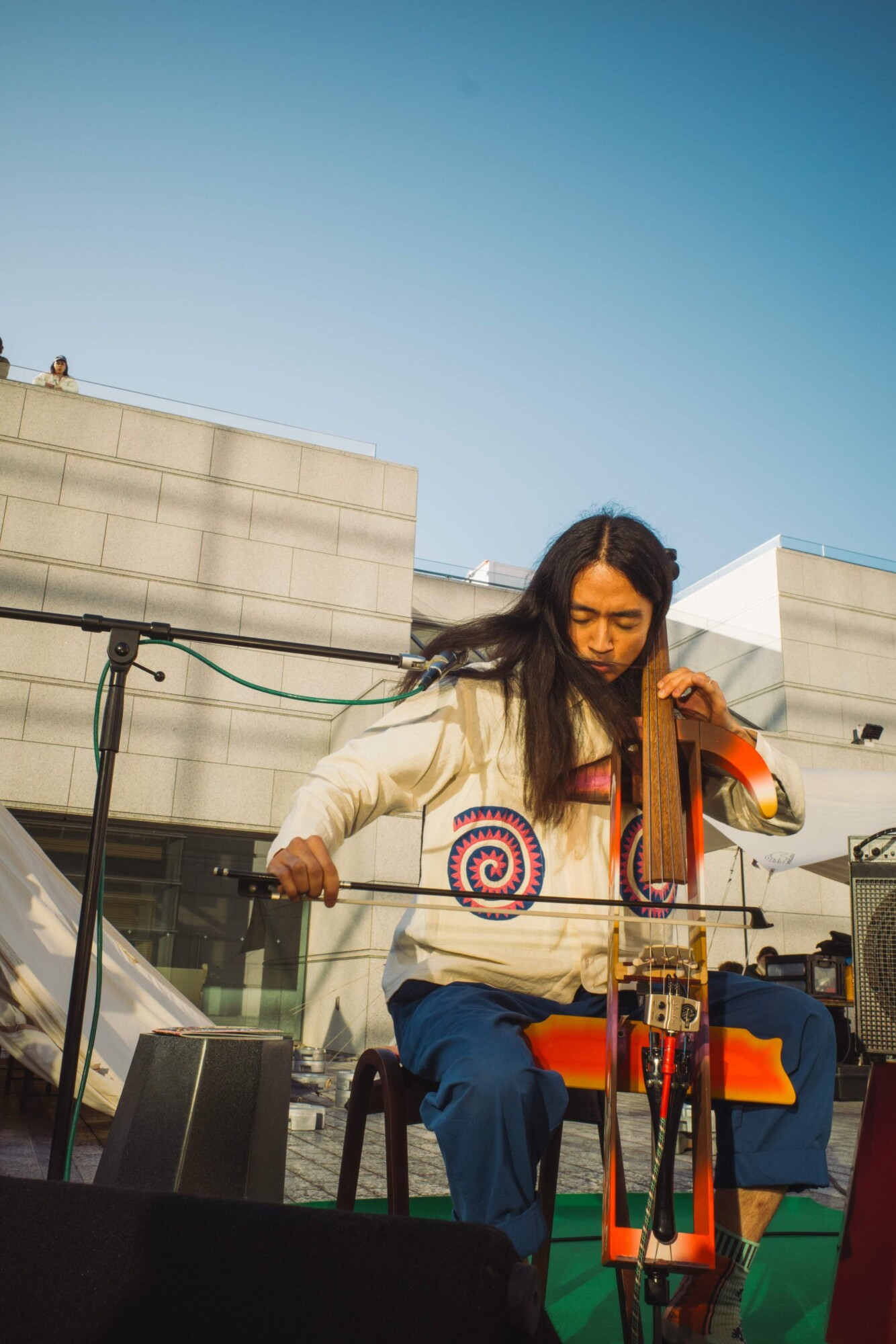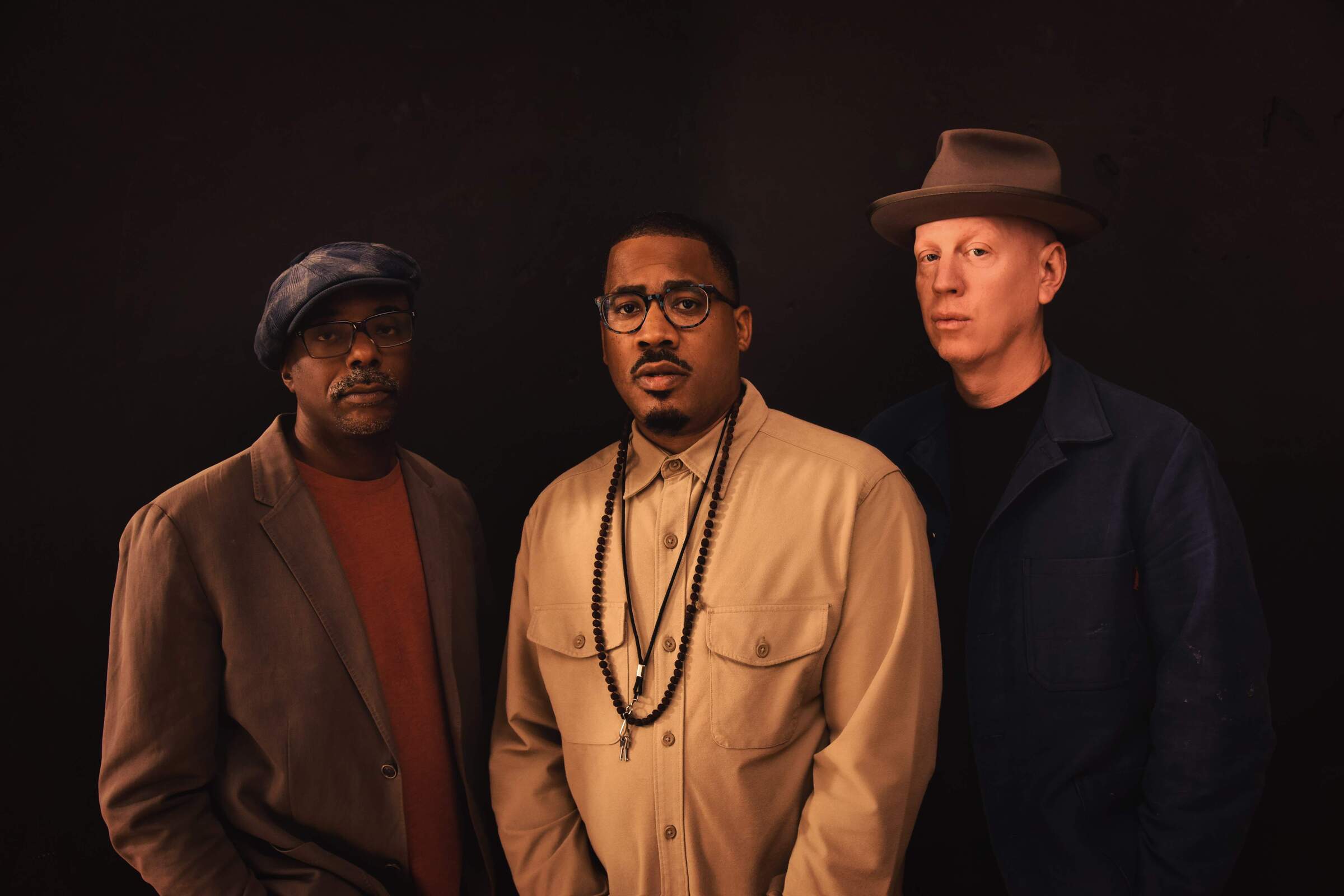Roz Vitalis | Interview | Russian Progressive Rock
Roz Vitalis exists since 2001 as a studio keyboard-dominated project, since 2005 as an experimental/improvisational ensemble without drums, and since 2008 as a fully-fledged prog-rock band.
Interview with Ivan Rozmainsky was conducted by Alexander Kovtun (Prog Island, SPb).
“Anything can inspire to create music”
What led to music? What are the incentives to make music on a professional level (especially considering the realities and peculiarities of Russian reality)?
Ivan Rozmainsky: Long and frequent listening to a variety of music and, first of all, passion for progressive rock, especially of the 1970s, but not only that period, led to music. The main incentives to make music on a professional level are probably the following: striving for Beauty, Truth and Goodness; desire for self-realization; awareness of the inferiority of one’s existence without making music at a professional level; urge to change for the better myself, the people around me and the whole world.
And how do you now assess what you have succeeded in all of the above? The whole world, apparently, hardly managed to change for the better, but what about the rest?
If at least one person who listened to our music got better – in any sense – from communicating with the works of Roz Vitalis, then the world has already changed for the better, even if no one noticed it. If some people believe that the world in which there is Roz Vitalis is fundamentally better than the world in which there is no Roz Vitalis, then it means that we are not doing our job in vain. And so – some of the plans were successful, some were not. I am glad that a lot has been achieved.
What are your musical tastes? Accordingly, influences (stylistic, maybe specific examples)? Are you a music lover? Availability of a music library and priorities when compiling it?
I am a music lover. Favorite music – British and Italian prog rock of the 1970s: King Crimson, Yes, Jethro Tull, Gentle Giant, ELP, Camel, VDGG, Genesis, Pink Floyd, Le Orme, Banco del Mutuo Soccorso, PFM, Museo Rosenbach, Cervello … Among other revered music – J.S. Bach, G.F. Handel, L. Van Beethoven, F. Schubert, V. Dashkevich, Supersister, Pulsar, Depeche Mode, After Crying, Änglagård, The Flower Kings, Olive Mess, Steven Wilson, Homunculus Res and a lot more. The best debut album of 2020 is the self-titled release of the Barcelona-based band Magick Brother and Mystic Sister. And the music library in the form of CDs and digital files is not too much big.
According to the specifics of my group: do you listen to (collect) albums of unknown, little-known, forgotten groups? Is it interesting to you?
Yes, which can be partially understood from my answer to the previous question. In particular, I really like the forgotten and little-known bands from Italy, Hungary, Scandinavian countries and other countries and regions who performed and perform prog-rock.
What inspires you to create music, and why do you strive to bring your ideas to the final product? Is the final product itself important to you, for example an album?
Anything can inspire to create music. I would say that for me the creation of music is an organic and integral part of my life itself – for the last 20 years, and without such activity I almost cannot imagine my life. For me, the final product is extremely, if not immensely, important! To a large extent, each completed album is something that sums up a certain stage in the life of a musical group; just like a finished film summarizes a certain stage in the existence of a film crew.
Are your albums a finished work with their own concept? Or just a collection of tracks created and brought up to the required level to complete the album?
Each album is, to one degree or another, both. At the beginning of work on an album, as a rule, there is a certain concept and a certain set of tracks. The development and improvement of the concept, on the one hand, and the work of recording and mixing tracks, on the other hand, influence each other.
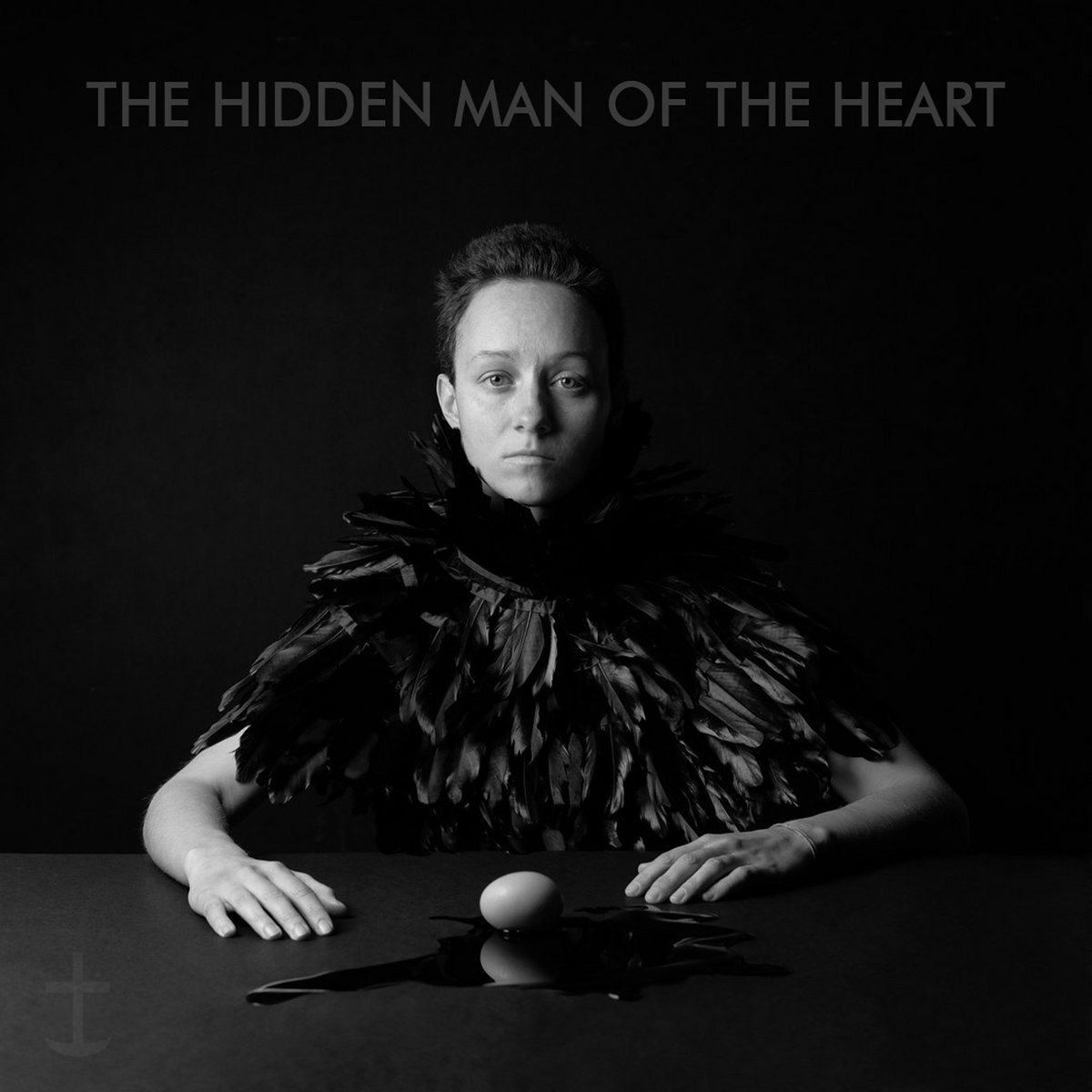
Is the album format important for you at all? Has this format of “presentation” of music outlived its usefulness?
For a group playing progressive rock, it is the album that is the main form of “outgiving”, “self-expression”, existence. Not necessary for bands playing in other genres. Likewise, the novel is not necessarily the main form for the writer. Dovlatov did a great job as a writer without novels, only as an author of short stories. But it is difficult to imagine without the novels the activity of Tolstoy or Dostoevsky. As well as it is difficult to imagine that the work of Andrei Tarkovsky would have had the format of exclusively video clips. Likewise, Aha or Abba might not have been recording long played albums and were limited to singles. But Yes, Van Der Graaf Generator, After Crying or The Flower Kings are not.
What is your attitude to physical media today? Do you need it at all? Do you assign a significant role to the design of the albums, their visual component?
Physical media are important. It’s good when you can hold the album in your hands. Until now, a number of listeners prefer to enjoy music on such media. There are reviewers who only review CDs. Album artwork is also important, at least because an uninteresting or low-quality cover can lead to the constraints to promotion of an album.

Please tell us about the main idea in the front-covers of your latest releases. Why was this cover-art used for the front covers for ‘The Hidden Man Of The Heart’, ‘Daybreaking Live’, ‘The Wind of the Season’ and ‘Caress Of Compassion’? What is the main idea of each of them?
First of all, we must make a reservation that the two releases you mentioned are not Roz Vitalis ones. ‘The Wind of the Season’ is the Fair Wind Pleases album released on January 18, 2021, and ‘Caress of Compassion’ is the Compassionizer album released in September 2020. Secondly, the covers of all the four named releases were made by different people (respectively, in the order of listing the releases, these are Liza Chekalina, Anna Leibman, Valery Suevalov and Vyacheslav Potapov), each of whom had a lot of freedom of action and her/his own perception and understanding of what and how to do. It is better to ask each of the authors about the main idea. Well, I will add that in the case of ‘Daybreaking Live’ Anna offered several cover options, and the band’s musicians chose the one they liked best. In all other cases, one option was offered (apart from the fact that the cover of ‘Caress of Compassion’ was offered in different “solutions” regarding colors), which was accepted by the “customers”. It is important for me that, according to my feelings, there is some kind of internal correspondence between the music and the front cover.
“When we improvise, we create something new”
What is more comfortable for you – working in the studio (at home) or live performances? Improvisation is possible on stage, not in the studio. Do you encourage improvisation during performances, or do you strive to play in full accordance with the studio original?
I am an introvert and a homebody by nature. All other things being equal, I am more comfortable at home (in the studio) than in a concert hall. But a lot depends on the sound engineers and other aspects: a concert in some club can be an amazingly enjoyable event, and recording in some studio can be a nightmare. Further. I don’t like playing in full accordance with studio originals and I encourage improvisation during performances. When we improvise, we create something new. And this is great! As a rule, concert and studio versions of the same Roz Vitalis compositions differ, and not only because of improvisation. The point is also that, over time, new arrangement, compositional and other ideas may come to mind, and the work, once recorded in the studio, continues to live its own life and is transformed already outside this studio. In my opinion, this is, again, great!
I agree, because this is the essence of music as creativity, in my opinion! If a group plays any composition at concerts, and at the same time something new is added to the canvas every time, then the music is alive, it breathes and feels!
Yes! For a person who would like to seriously get acquainted with the musical world of Roz Vitalis, I would recommend listening carefully to at least 2-3 live albums of the band, well, for example, such as ‘Daybreaking Live’ (2020), ‘Elephant Live’ (2018), ‘At Last. Live’ (2017). Without this, the notion of Roz Vitalis music will be definitely incomplete.

Is it important for you in creating the overall sound to have only acoustic, real instruments and, accordingly, musicians, or are there enough samples, synthesizer capabilities?
As a rule, samples and synthesizer capabilities are not enough. But it happened that, especially in the “early era”, it was very difficult to find performers on acoustic instruments.
On the example of the album ‘The Hidden Man Of The Heart’, is such a “ratio” of electronic instruments, wind instruments and strings optimal for you? Or does it depend on the particular composition or the concept in general? Do you plan to change the set of the musical instruments in the future? If so, which way? Or is it impossible to plan ahead?
Using the example of the album you mentioned, I would slightly shift this “ratio” of instruments “towards” decreasing the proportion of electronic instruments and increasing the wind and strings. But the changing and often tightening constraints associated with the ability to hire good instrumentalists and / or the desire of musicians to play such music (especially for free) do not allow planning in advance the set of the musical instruments used. And, of course, also this set depends on the specific composition, its “character” and other properties.
That is, do the regular staff members of the band also work for free? Does everyone have regular jobs in other areas? And, if possible, would you briefly introduce each of the participants?
We not only work for free, but – if you take into account the costs of albums’ recording, mixing and mastering – at a loss so far. Progressive rock in Russia (and not only in Russia) is a loss-making industry. Yes, and all of us have regular jobs in other areas.
About group members:
Vladimir Semyonov-Tyan-Shansky (guitar, bass) – in the band from 2007 to 2010 as a bassist, and since 2011 as a guitarist and main co-author. In particular, it was he who came up with the most danceable hit of Roz Vitalis – ‘What Are You Thinking About’ from the album ‘Lavoro D’amore’ (2015). Works for a pharmaceutical company.
Vladislav Korotkikh (flute) – first recorded with Roz Vitalis back in 2008, in the group as a full-time flutist since 2010. In some of the band’s compositions, you can also hear his low whistle. She teaches Thai boxing.
Ruslan Kirillov (bass) – in the group since 2010. Works as an artist-designer. He was also, to one degree or another, involved in the design of some of the band’s key albums.
Evgeny Trefilov (drums) in the group since 2018. He is known as the staff drummer of the band titled Vergeltung. Currently, in addition to Roz Vitalis, he is responsible for the drum kit in Trappist System Trio. All Roz Vitalis releases after ‘The Hidden Man of the Heart’ have been mixed and mastered by Eugene. Works as a programmer.
And I want to mention the musicians who made an important contribution to the work of the group in 2018-2020.
Leonid Perevalov (bass clarinet, clarinet) – from time to time collaborates with Roz Vitalis since 2015. All parts of the wind instruments on the band’s singles released over the past three years have been recorded by him. He can also be heard on some tracks on the albums ‘The Hidden Man of the Heart’ (2018), ‘Elephant Live’ (2018), ‘Great Expectations Live’ (2019). Leonid participated and participates in a large number of St. Petersburg musical projects.
Ilya Belorukov (alto saxophone) – one of the most famous representatives of the St. Petersburg avant-garde scene; played on most of the tracks on the album titled ‘Elephant Live’ (2018).
Max Lokosov (bass) – has repeatedly replaced the regular bassist of Roz Vitalis Ruslan Kirillov, who missed some key concerts of the group for good reasons. Max is known for his participation in folk-rock bands from St. Petersburg, such as Grue & Bleen, et cetera.
When composing music, do you prioritize priorities – this is for the group, and that is for solo work or any other project? In other words, you tell yourself that right now I need to write a piece for the new Roz Vitalis album, or does it happen spontaneously, and only then you decide what this song is more suitable for?
Until 2016 inclusively, there were practically no differences between Roz Vitalis and Ivan Rozmainsky (except for some, but not all, works intended for solo piano). Since 2017, differences have emerged for a number of reasons. First, in 2017, the Rozmainsky & Mikhaylov Project (aka RMP) and Glory Day projects arose, then, in 2020, Fair Wind Pleases and Compassionizer emerged. In fact, it also happens that I write a piece specifically for, relatively speaking, the new release of Roz Vitalis, but it happens that everything happens spontaneously. As Roz Vitalis evolved from my solo “home computer” project into a full-fledged rock band, and the position of the individual members of this group changed, my decision-making authority from time to time narrowed (although sometimes the opposite tendencies occurred). It happened that some of the works did not get into Roz Vitalis because they did not meet with proper understanding or just attention from the rest of the band members.
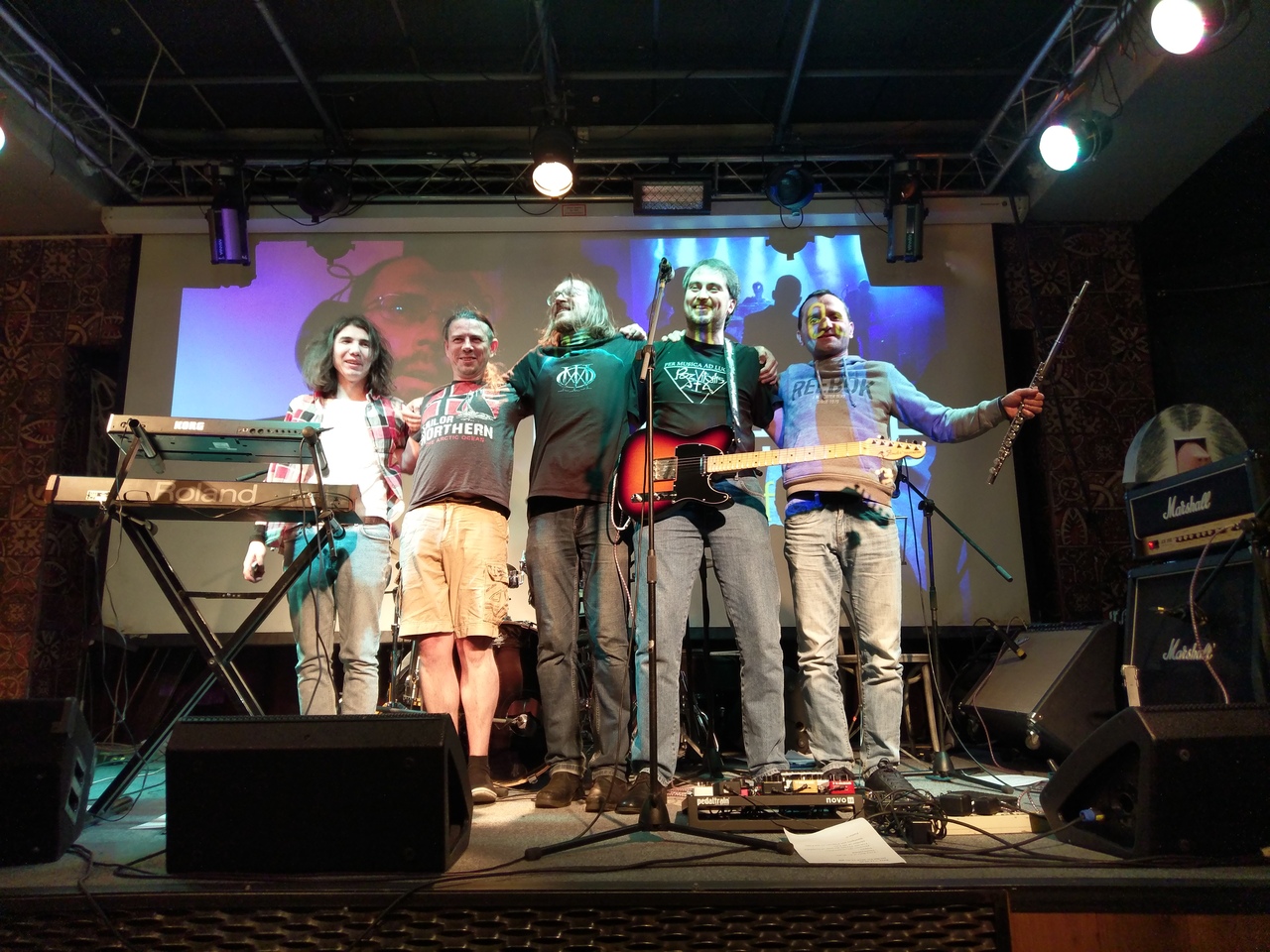
Do the rest of the band (project) members have the right to bring their ideas into your compositions? Or even bring your own compositions? Or is it only you – a composer, and the members of the band (project) can only (and can they?) add something from themselves, help with arrangements?
Yes, the rest of the band members have such rights and have used these rights many times. Among the members of the current lineup, the most active author, apart from me, is Vladimir Semyonov-Tyan-Shansky. On the album ‘The Hidden Man of the Heart’ the compositions ‘Blurred’ and ‘Jungle Waltz’, as well as the final parts of ‘Passing Over’ and ‘Thou Shalt Tread Upon the Lion and Adder’ are his authorship.
Thank you very much for your questions and for your interest in the work of the Roz Vitalis group, which turns 20 in 2021!
Thank you for the detailed, interesting conversation! Regarding the upcoming anniversary, I hope nothing will prevent us from talking in more detail about this, how you are going to celebrate it and about plans for the future in general! Thanks!
Alexander Kovtun (© Prog Island, SPb, January 2021)
Roz Vitalis / Facebook / Bandcamp

